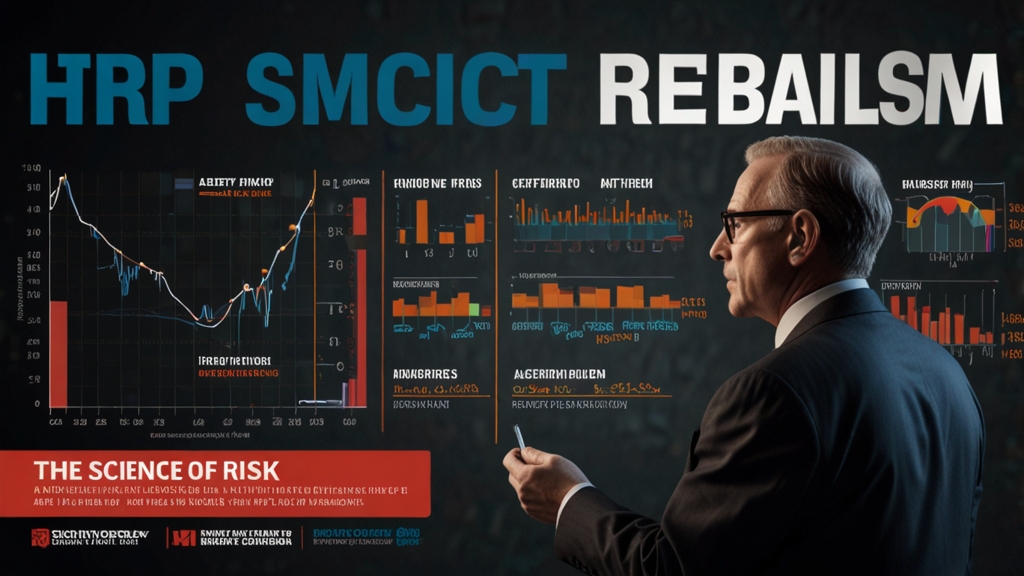The Impact of Climate Change on Ancient Civilizations
Climate change is often perceived as a contemporary issue, one that modern societies are grappling with through advances in science and technology. However, historical records and archaeological evidence reveal that ancient civilizations also faced significant climate-related challenges. These environmental shifts played a crucial role in shaping the fortunes of these societies, affecting everything from agricultural productivity to political stability.
Climate Fluctuations and Agriculture
Agriculture has always been intricately linked to climate. The changing patterns of rainfall, temperature, and seasonal cycles could make or break ancient societies that were heavily dependent on crop yields. For instance, the Indus Valley Civilization, one of the world's earliest urban cultures, suffered due to changing monsoon patterns. Shifts in river courses, possibly exacerbated by climatic changes, led to the decline of agricultural productivity and eventually the civilization itself.
"Civilization exists by geological consent, subject to change without notice." – Will Durant
The Mayan civilization in Mesoamerica further exemplifies this connection. This highly sophisticated society experienced several drought periods, confirmed by studies of lake sediments and cave stalagmites. Although the Maya had developed intricate water management systems, recurring droughts stretched their resources thin and contributed to societal stress and eventual decline around the Terminal Classic period (around 800-1000 AD).
Water Resources and Societal Stability
Water resources were a key determining factor in the prosperity of ancient civilizations. For instance, Ancient Egypt's well-being was closely tied to the Nile River's annual flooding, which deposited nutrient-rich silt onto the land. However, any significant variation in the flood pattern, whether excessive or insufficient, could cause crop failures and subsequent food shortages. The Old Kingdom of Egypt experienced a prolonged drought around 2200 BC, contributing to political fragmentation and socio-economic instability, signaling the end of Egypt's Age of the Pyramids.
"The river was the life-blood of the Nile Valley, and there was a delicate balance that kept the fragile ecosystem in harmony." – Dr. Salima Ikram
The early Mesopotamian civilizations, residing in the fertile crescent, also relied heavily on river systems like the Tigris and Euphrates. Periods of low rainfall coupled with over-irrigation could lead to soil salinization, significantly impacting agricultural viability. The decline of the Akkadian Empire around 2150 BC coincides with a major drought event, exemplifying how environmental stressors could lead to societal collapse.
Adaptation and Innovation
Despite these challenges, many ancient societies demonstrated remarkable resilience and adaptability. The Hohokam people of the American Southwest developed an extensive canal system to manage their arid environment. Similarly, the Inca engineered terraced agriculture to maximize arable land in the mountainous Andes region. These efforts exemplify how innovative adaptations helped societies mitigate the impacts of climate fluctuations.
Another significant example is the adaptation strategies employed by the Ancestral Puebloans who lived in the Four Corners region of the United States. Faced with periods of drought, these people relocated from surface dwellings to more defensible and resource-efficient cliff dwellings. Their understanding of their environment allowed them to thrive for many centuries, even in harsh conditions.
Lessons for Modern Society
The study of ancient civilizations' responses to climate change offers valuable lessons for contemporary society. It underscores the importance of sustainable resource management, the need for adaptable socio-political structures, and the capability of human innovation in times of environmental stress. Furthermore, it reminds us that while technology has advanced, the fundamental relationship between climate and human society remains unchanged.
"Those who cannot remember the past are condemned to repeat it." – George Santayana
Reflecting on the past helps modern civilization understand the need for proactive measures to adapt and mitigate the impacts of ongoing and future climate changes. In doing so, we can hope to build a resilient and sustainable future, learning from the triumphs and failures of our ancestors.









